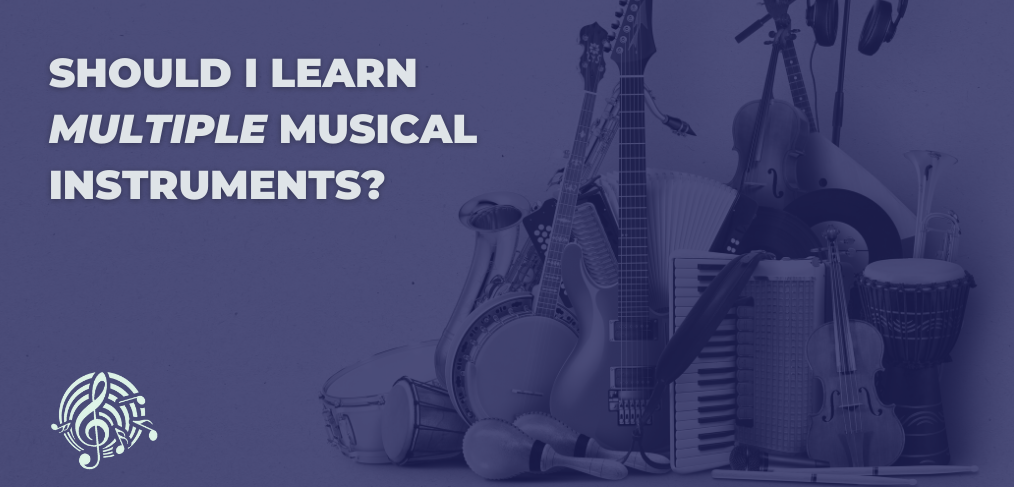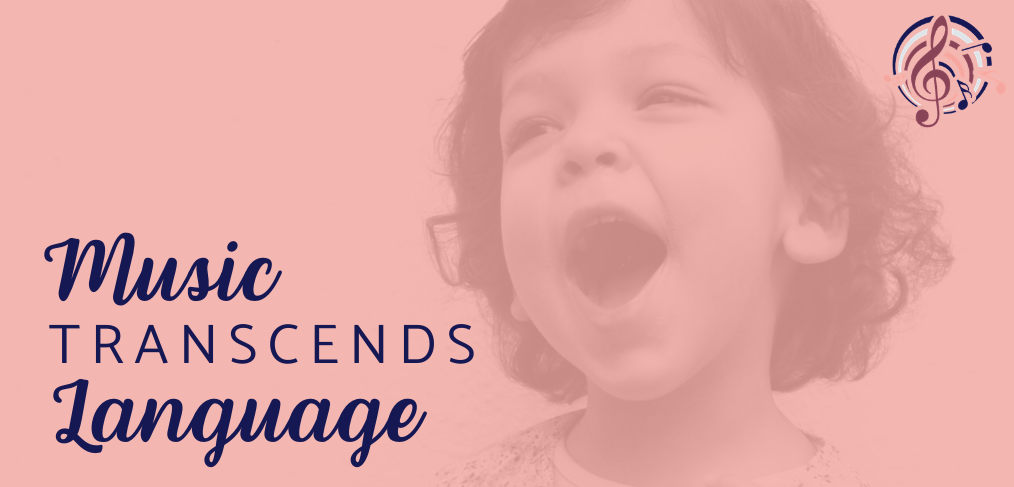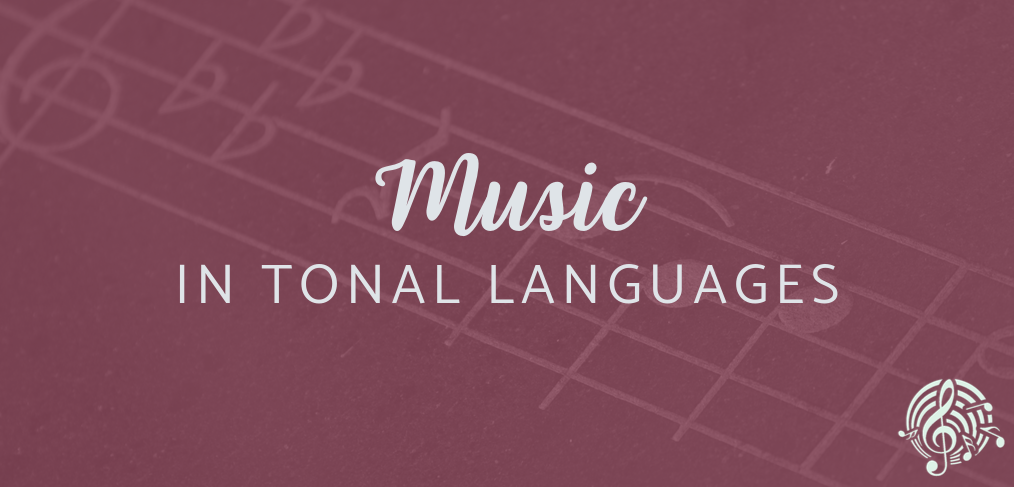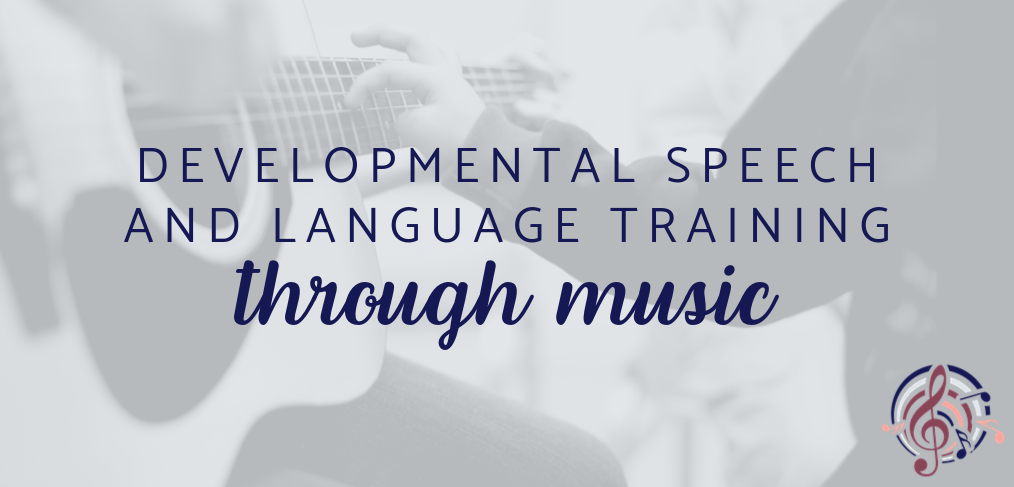Ways that music narrows the distance between cultures
Written by Jane Hong
Music plays a big role in many people’s lives. From pop to classical music, everyone has their preferences.
Top music lists are no longer confined to songs in English, and often consist of popular songs from foreign countries. In many cases, people can enjoy songs in languages that they don’t understand themselves. This is a great example of how music transcends the boundaries of language.
Another example of how music transcends language is through translated songs. One of the most translated songs in the world is Amazing Grace. It has been translated into over 60 different languages including Zulu, Mandarin, Farsi, Filipino, and Arabic. Through these many translations, the meaning of the whole song is kept very similarly and faithful to the original that was first published in 1779.
Another song that has been translated many times is a very popular Christmas tune, Silent Night. It has been translated into over 100 different languages (originally in German as “Stille Nacht, Heilige Nacht”).
In addition, Happy Birthday To You has been identified by the Guinness World Record as the most recognized English song, and has been translated into more than 30 languages!





